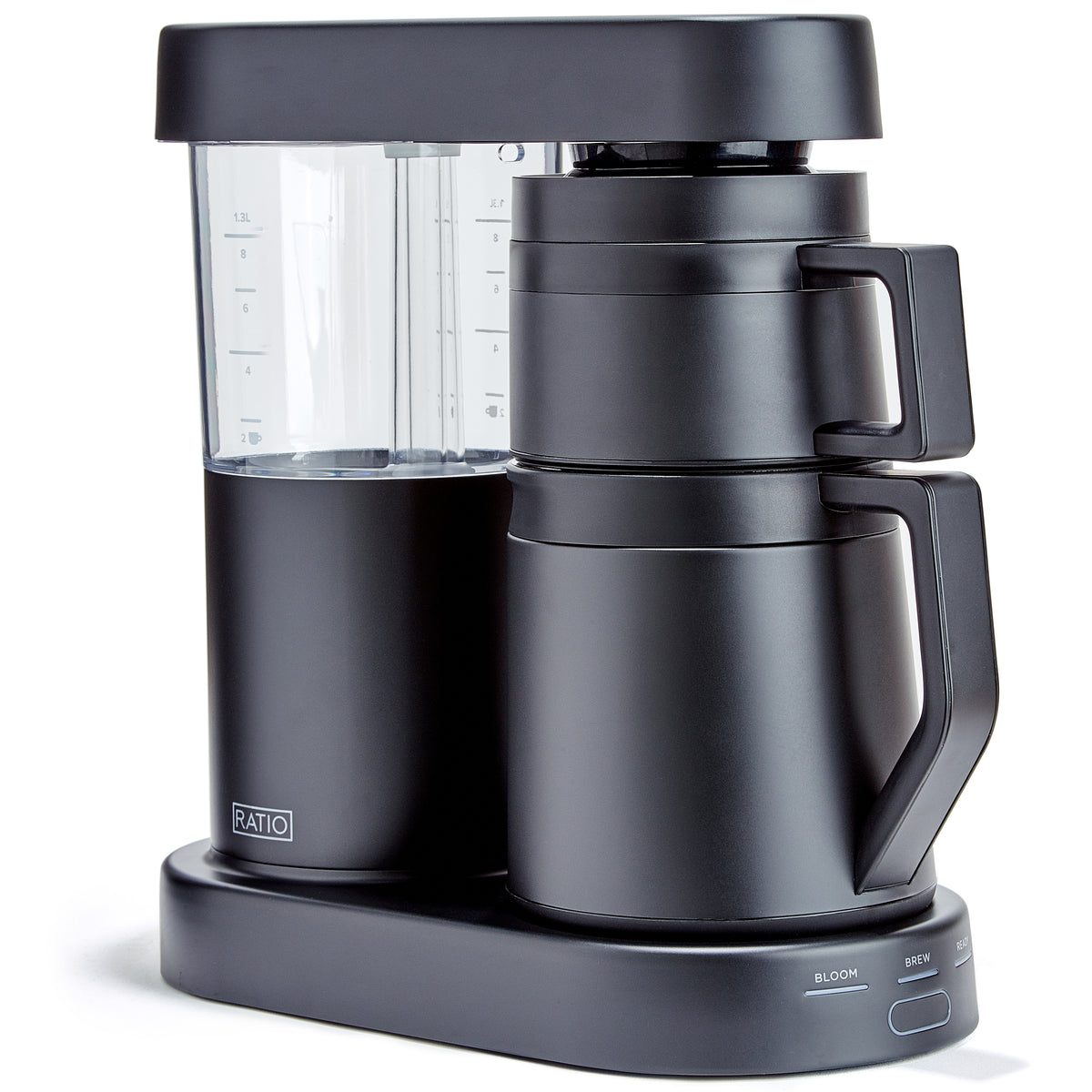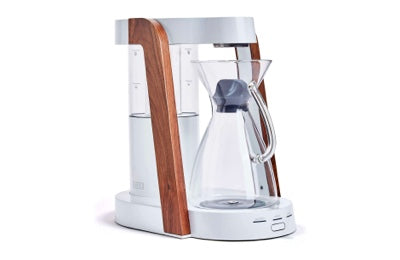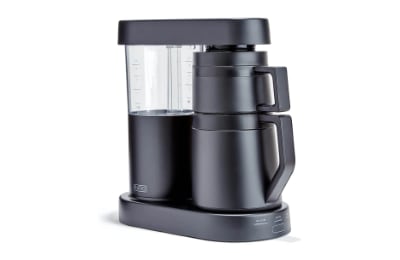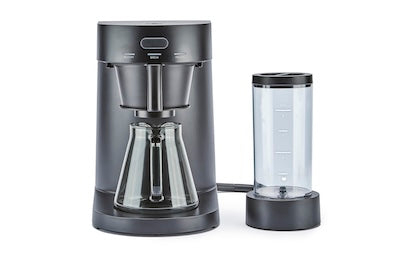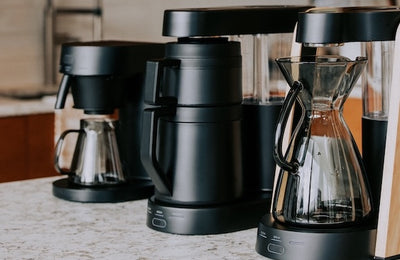Coffee and Cortisol: Should You Wait Before Your First Cup?
Exploring the morning ritual of sipping that cherished cup of coffee, you might not realize the intricate dance between caffeine and your body's natural chemistry. The concept of coffee cortisol can influence your decision on the best time to drink coffee. As you wake up, cortisol—often referred to as the "stress hormone"—naturally peaks, preparing your body to face the day. Conventional caffeine intake recommendations suggest that consuming coffee during these cortisol highs might diminish its energizing effect, potentially curbing the coffee’s efficiency. Waiting an hour or two before indulging in your first cup could enhance the benefits, aligning with your body's rhythm and optimizing your caffeine hit.
Understanding Cortisol and Its Role in the Body
Cortisol, a crucial hormone in your body, is primarily produced by the adrenal glands and plays a vital role in your daily functioning. It helps regulate metabolism, blood sugar levels, and immune response, adapting your body's energy levels and stress responses. This natural rhythm of cortisol is often disrupted by lifestyle choices, including your caffeine habits.
On one hand, some experts believe consuming caffeine as soon as you wake up, during peak cortisol production, could undermine its effectiveness, leading you to crave more coffee throughout the day. Conversely, others argue that a well-timed cup, after cortisol levels dip, could maximize alertness and energy.
Understanding the timing of cortisol production is essential when considering caffeine intake recommendations. Cortisol typically peaks around 30 to 45 minutes after you rise, meaning that the best time to drink coffee might be mid-morning when cortisol levels naturally decline. This approach aligns with your body's circadian rhythm, enhancing the potential benefits of your coffee intake.
When you comprehend how cortisol operates in your body and its interplay with your morning routine, you can make more informed choices about your coffee consumption. This knowledge may help balance your daily dosage, allowing you to enjoy your favorite beverage while optimizing your energy and alertness throughout the day.
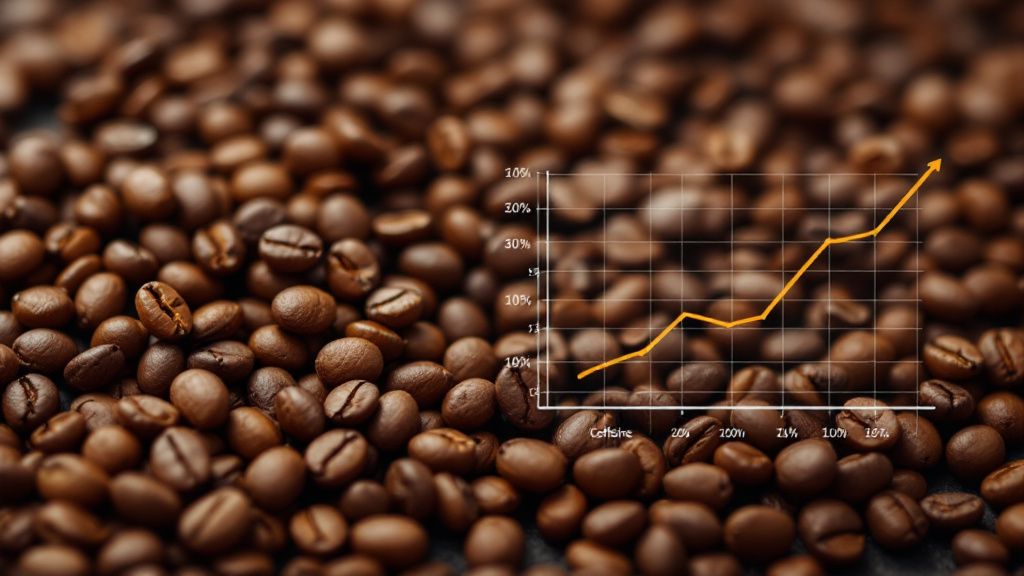
How Coffee Affects Cortisol Production
Have you ever wondered how your morning coffee impacts cortisol production in your body? Coffee, with its stimulating elements, can influence cortisol levels, especially when consumed during certain times of the day. As you embrace that first cup, understand that caffeine can cause a temporary spike in cortisol, further elevating stress hormone levels which are already near their peak in the morning.
The interplay between coffee and cortisol is complex, with studies suggesting varied outcomes based on when and how coffee is consumed. Consuming coffee during peak cortisol times, like early morning, may enhance the body's stress response. Consequently, this could lead to increased caffeine dependency, urging you to reach for more cups throughout the day for sustained energy.
Others argue, however, that this cortisol elevation can be harnessed beneficially if managed judiciously. Timing your coffee consumption to after peak cortisol levels might optimize caffeine's effects. By considering caffeine intake recommendations, you could ensure a more balanced daily energy profile, potentially mitigating unnecessary spikes in cortisol production.
Understanding coffee cortisol interactions allows you to make informed choices about the best time to drink coffee. By aligning caffeine intake with natural cortisol ebbs and flows, you can maximize alertness while minimizing stress hormone disruptions. This timing not only uplifts your energy levels but also supports a more sustainable caffeine habit.
When you reflect on how coffee affects cortisol production, it helps shape your morning routine. Conscious timing and quantity of consumption can ensure your favorite brew complements your body's rhythms. This understanding can guide you towards a more harmonious relationship between coffee and your body's natural processes.
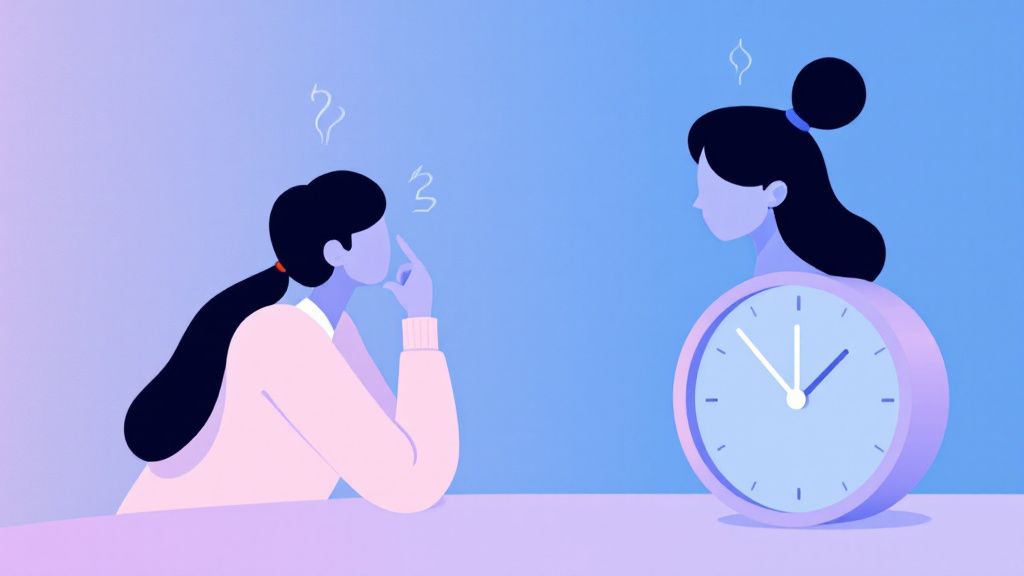
Should You Wait Before Your First Cup?
Determining whether or not to delay your first cup of coffee can significantly impact your body's caffeine response. While many adhere to the habit of brewing a cup immediately upon waking, there’s a strong case for waiting. Timing your coffee consumption for mid-morning allows natural cortisol peaks to subside, potentially enhancing caffeine's effectiveness and reducing unnecessary reliance throughout the day.
This delay can modulate how coffee cortisol interactions affect you, providing a smoother, more sustained energy boost. If you wait, caffeine may align better with your body’s energy needs, making your morning routine more efficient without the risk of overstimulation. Respecting natural hormonal cycles can contribute to a balanced and alert state throughout your day.
Despite some skepticism, adapting caffeine intake recommendations aligns with scientific insights into circadian rhythms. By challenging conventional morning habits, you can nurture a more mindful approach to your daily ritual. Understanding the best time to drink coffee enriches your routine, ensuring that your caffeine intake is both intentional and beneficial.
Through a nuanced approach to your coffee habits, you can explore the benefits of a slight shift in timing. By curbing the instinct to reach immediately for that cup, you might find a more enriching and rewarding pattern in your caffeine consumption that aligns with natural cycles.

Alternatives to Morning Coffee
As you consider alternatives to your morning coffee, it can be enlightening to explore different options that maintain energy without affecting cortisol levels. What most people don’t see about these alternatives is the subtle energy boost and gentle awakening they provide, devoid of the jittery aftermath of caffeine. These choices can seamlessly integrate into your routine, offering variety and balance to your morning.
Herbal teas, for instance, can serve as a soothing and caffeine-free replacement. They offer various flavors and benefits, promoting relaxation or revitalization according to your needs. Options like peppermint or ginger tea can invigorate your senses, aligning with the best time to drink coffee by not interfering with natural cortisol rhythms.
Smoothies provide another delightful alternative, packing a punch of vitamins and nutrients. By blending fruits with leafy greens or protein sources, you can create energizing, nutrient-dense beverages. These smoothies can help sustain energy levels while contributing to overall well-being, providing a fresh start to your morning routine without heightened cortisol.
Exploring these alternatives lets you envision a morning regimen that energizes you without relying solely on coffee. By diversifying your choices, you might uncover new favorites that align more closely with dietary preferences and lifestyle goals, giving you the energy you need naturally and refreshingly.

Engaging in the Conversation
Engaging in the conversation about the intricate link between coffee and cortisol opens up a world of understanding. Imagine this dialogue as an elaborate tapestry, where each thread represents a different facet of your morning routine and its impact on energy levels. Like a finely woven fabric, these discussions can reveal patterns in your habits and help you navigate the best time to drink coffee for optimal energy.
Think of the interaction between coffee cortisol as a delicate dance. Just like an expertly choreographed routine, it operates seamlessly when timed perfectly. By understanding this rhythm, you can tune into the ideal moments for caffeine intake, maximizing its benefits while moderating effects on your stress hormones.
Participating in these conversations encourages shared experiences and insights, enriching your knowledge of caffeine intake recommendations. With each interaction, you gain a greater appreciation for various viewpoints, fostering a nuanced perspective on how coffee fits into your life. This exchange enhances your ability to adapt and refine your habits.
By immersing yourself in this ongoing dialogue, you equip yourself with the tools to tailor your coffee consumption thoughtfully. It offers you a clearer picture of how mindful timing and choice can transform a simple morning ritual into a harmonious start to your day.
 Ratio Eight
Ratio Eight
 Ratio Six
Ratio Six
 Ratio Four
Ratio Four
 Compare Machines
Compare Machines

